Policy
SCI Foundation ensures the best available science is used in wildlife policy and management. SCI Foundation is a leading advocate for sustainable use within CITES, the Convention on International Trade in Endangered Species of Wild Fauna and Flora. SCI Foundation was instrumental in the formation of the CITES and Livelihoods Working Group, creating a mechanism to rapidly assess the impacts of CITES regulations on the livelihoods of local communities.
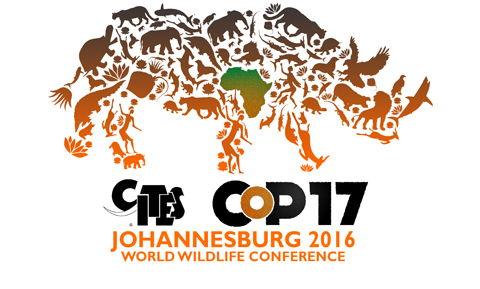
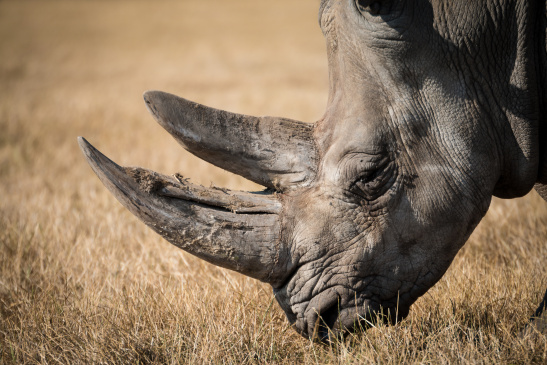
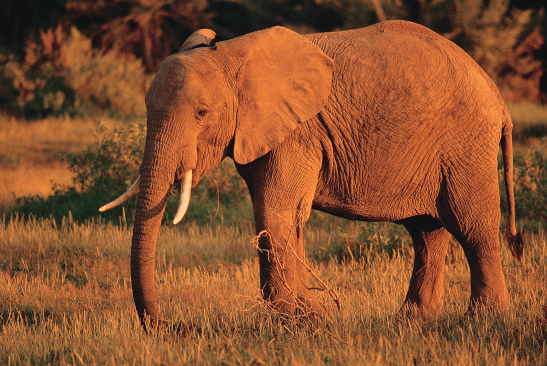
From September 24 – October 5, 2016, the Convention on International Trade in Endangered Species of Wild Fauna and Flora (CITES) will hold its 17th Conference of the Parties (CoP) in Johannesburg, South Africa. At the CoP, Parties to the treaty will make decisions regarding the listing status of many species and requirements for international trade of wildlife. Only countries are Parties, while organizations like SCI and the SCI Foundation (collectively Safari Club) are observers. The decisions made at the CoP will impact international trade, including the import and export of hunting trophies, of species around the world.
As observers, organizations and other non-Party participants like Safari Club will not be eligible to cast votes on decisions at CITES meetings, but they can participate in other ways to influence outcomes. Specific issues are sometimes sent to smaller groups – known as Working Groups. – Observers have a more equal voice to Parties in recommendations and document drafting within those groups. Additionally, on the plenary floor of CITES meetings, observers can voice their opinions – in short speeches called interventions – regarding any issue. Finally, observers can attempt to influence how Parties vote on issues by holding private meetings with country representatives or publishing issue papers and voting guides.
Safari Club will send a delegation of 10 members and staff to represent both organizations at the meeting. SCI and the SCI Foundation are represented separately at meetings, providing two seats at the table to advance our combined interests. Members of our delegation have attended numerous CoPs and other CITES meetings dating back to 1973, when the treaty was first written. For others, this will be their first taste of the big show. For all members, preparation for the meeting starts months in advance. Safari Club will draft a voting guide, position papers, and a strategy document so that the delegation can effectively represent both organizations at the meeting.
Among the important issues that will be addressed at the CoP, Safari Club is particularly interested in the following:
– African Lion
– African Elephant
– Hunting Trophies
– Western and Eastern Tur
– Secret Ballot Voting
– Wood Bison
– Rhinoceros
– Puma
– Cape Mountain Zebra
Over the course of the next several months leading up to the CoP, Safari Club staff and SCI CITES Committee members will write a series of articles that highlight some of these topics and explain the issues further. Each article will be published in Crosshairs and on SCI Foundation’s First for Wildlife.
If you’d like to know more about CITES or Safari Club’s involvement in it, you can visit CITES’ website at cites.org or contact Jeremy Clare at jclare@safariclub.org. Otherwise, stay tuned to Crosshairs and the First for Wildlife blog for future articles.
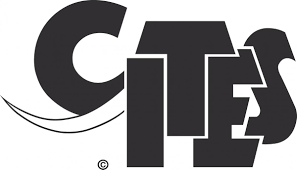
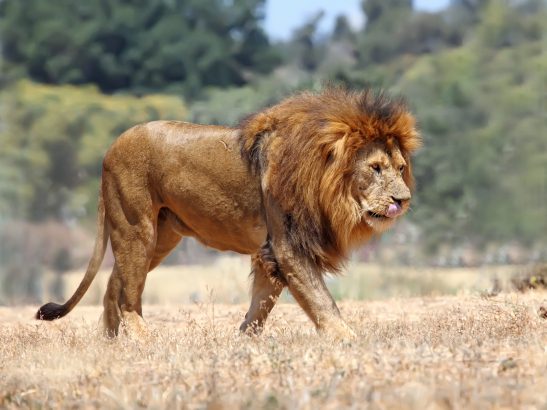
SCI Foundation was instrumental in launching the CITES and Livelihoods working group to assess the impact of trade in CITES-listed species on the livelihoods of local communities. After years of work, the working group produced a Livelihoods Handbook which countries will use to assess the benefits of wildlife trade to the people that coexist with endangered species. The handbook was presented and discussed at SC66. Markhor and Southern White Rhino are included in the handbook as example case studies. Studies for additional species, including polar bear, are being conducted as potential additional cases. The goal of the handbook is to document the importance of sustainable use of these endangered species to local people.
Early work by the CITES and Livelihoods working group was met with opposition, including by the US. The mood at SC66 was quite the opposite. Every comment given during discussion of the handbook and the working group was enthusiastic and positive. The IUCN, International Union for Conservation of Nature, expressed strong support for involving people in conservation via sustainable use, highlighting the fact that community engagement prevents wildlife crime and trafficking.
Download the CITES and Livelihoods Handbook.
Part 1:
https://cites.org/sites/default/files/eng/prog/Livelihoods/Guia_Parte1_CITES_eng_final.pdf
Part 2:
https://cites.org/sites/default/files/eng/prog/Livelihoods/Guia_PART2_CITES_ENG_FINAL.pdf

Since 2000, SCI Foundation has provided more than $80 million to promote science-based conservation through wildlife research, capacity building in governments, youth and teacher education, and humanitarian programs that show the importance of the hunting community in society around the world. Growth of SCI Foundation has continued to gain momentum through charitable donations from SCI members and direct grants from local chapters and the SCI organization. Throughout the world, SCI’s approximately 50,000 members and 190 chapters contribute time, talent, and financial support to local, national, and international projects.
